EMQ » April–June 2022 » Volume 58 Issue 2
By Jeremy and Anastasia Thomas with Mary Tindall

God broke our hearts to serve missionaries by providing member care for them. We both had mission experience with Operation Mobilisation (OM) in their ships ministry – Jeremy on the MV Doulos ship in 2007 and Anastasia on the MV Logos Hope ship from 2014 to 2017. On the ships, we met workers from more than 50 nations, all involved in global missions. We encountered people, from diverse backgrounds and cultures with amazing gifts and talents, and with the calling to serve God. But some of them were growing tired, burned out, confused, and depressed.
Through our experience with the OM ships ministry, God helped us realize how important member care is for the great commission. Member care attends to missionaries’ human needs for connection, encouragement, and support – akin to spiritual nursing. In 2015, God called us to serve those who serve – to strengthen them, uplift them when they are weary, and remind them who they are and what they’re called to.
Missions agencies want to provide member care, yet often don’t have the resources to do it all on their own. Through listening to the stories of several missionaries, we learned that many longed for their home churches to offer more support. They wanted their churches to ask, “How are you doing? What’s really happening in your work and your life?” It’s our heart’s desire that the Church embraces a larger role in member care, not only for cross-cultural workers, but as an essential part of community life offered by every church to every believer.
Creating a “One Another” Culture
The concept of member care is not new. In Acts chapter 2, we learn that the believers spent time in study, fellowship, caring for one another and those outside the community, praying, worshiping, and breaking bread. As they did these things, they shined. In fact, they were glowing! People believed in Jesus because they could see the community was different.
Later in the Bible, we read about Paul’s co-workers, including Tychicus, Onesimus, Barnabas, Epaphras, Fortunatus, Stephanas, and Achaicus. Paul calls them “faithful servants of the Lord.” These men made the link between Paul and other communities and encouraged other believers. They connected resources to needs, ensuring nobody lacked anything – a practical form of caring we call linking. Paul values that Onesimus risked his life to bring Paul what he needed, and Paul also notes that the Corinthians generously shared their resources with the Jerusalem church.
In the same way, when we become children in the family of Christ, we join a global community in which we care for others. Jesus says, “By this everyone will know that you are my disciples, if you love one another” (John 13:35). This is just one of 59 “one another” verses in the New Testament. The best evangelism happens when we create a culture that embodies the concept of “one another.” When we create this culture, we can experience maturity in Christ and the joy of being in community.
When churches commit to member care, they’re sharing the real gospel from the very beginning. The gospel is not only that Jesus died for us – but that that the kingdom of heaven is here. We are called to be a holy nation of set-apart citizens of heaven. This is our identity.
We often talk about making disciples and bearing fruit, which can unintentionally create pressure to do, do, do. But first and foremost, the gospel is about who we are called to be. Churches can live out this gospel by discipling believers as soon as they give their life to Christ and become an active part of his body. Walking alongside and caring for new believers fosters a beautiful interdependency before people are even called to ministry at home or abroad.
In a survey a few years ago, we asked, “How do you feel that your community is caring for you? How do you feel cared for?” We found that Christians feel cared for when they are listened to, valued, and invested in. Just as we need a whole village to raise a child, we need a whole community to raise a Christian. Before starting in ministry, we need to learn how to care for others and receive care, within our community. We also need to be humble and open to ask for and receive care, because we can’t give what we haven’t received.
Churches that intentionally create space for people to be cared for and to care for others develop resilient followers of Jesus. Whether they are sent as missionaries or not, they learn to demonstrate care and can do that anywhere – locally or globally. They also have a place to turn to for additional support and care when they need it.
Bearing the Light
Like other roles and functions in a church, we should recognize and value member care. Every believer is supposed to study the word. But pastors and teachers devote their time, talent, and treasures to encourage studying and discipleship and help people go deeper in the word. While every member of the church praises the Lord, a worship team leads the community in this area.
In the same way, we should all care for one another – yet we also need people who invest their time, talent, and treasure in developing a culture of caring, encouraging, and linking together, according to our unique culture and location. We call these people light-bearers, a broad term we use to encompass servant leaders, helpers, member care providers, and caregivers.
We divide light-bearers into four roles or categories:
- Champions, who promote member care through avenues such as speaking with leaders, writing articles, advocating on social media, or leading Bible studies about member care
- Coordinators, who serve as a connection point for member caring and linking requests, find external resources, and coordinate relevant resources to meet members’ needs
- Facilitators, who develop programs for member caring and linking, prepare the necessary structure to walk alongside church members, and teach members how to provide care
- Providers, who deliver member caring and linking one-on-one or in small groups, and follow up with those who receive care
Each of these roles is essential to creating a “one another” culture in the church. Some people may play multiple roles as light-bearers, while others may specialize in one area. Together, they bring the spiritual and practical nourishing that missionaries and all church members need to thrive in their callings.
Resources for Churches
How can missions agencies encourage their teams’ home churches to deepen and broaden their member care? We often think of the analogy that parents are their children’s first educator, and when they send a child to school, they are still parents. Mission agencies are responsible for caring and supporting missionaries, but the church is still the parent. We encourage churches to develop a caring and linking ministry if they haven’t yet.
We can encourage and remind the church to see missionaries as an extended part of the church in a different location. This applies to every season of missions: before missionaries leave, while they’re on the mission field, and when they come back. Both churches and missionaries benefit from this ongoing relationship.
Before a missionary leaves, we encourage the church to create a dedicated member care team. The team may only be two people, but its size matters less than its intentionality. Missionaries should know that these local church members will check on them and help them meet their physical, mental, spiritual, emotional, and relational needs. While others in the church may hold missionaries accountable to their goals, this member care team focuses on supporting them and helping them become who God wants them to be.
Churches can also take steps to understand who in the community may be a strong fit for light-bearing work. Perhaps some its members are professional care providers, such as psychologists, counselors, or therapists. Other members may have gifts of active listening, mentoring, facilitating, or connecting others with resources. We should use all these gifts for the body of Christ.
Many resources are also available for churches seeking to develop member care programs:
- DayBreak Academy (daybreak-academy.org) offers a 1-year program for churches to develop a member caring and linking ministry.
- Our Light-Bearers Manual (downloadable on daybreak-academy.org/resources) offers practical guidance for churches.
- Here2There (here2there.org) provides strategies to help churches care for missionaries.
- The S.H.A.P.E. assessment, at freeshapetest.com, helps people discover their spiritual gifts and abilities, so churches can identify those best-suited for member care. We have a contextualized version of this test available in several languages on our website as well (daybreak-academy.org/shape-assessment).
As we grow in our commitment to member care, we have much to learn from one another about the importance of love, unity, and interdependency within the global church. It’s our dream that the church is widely recognized as the place where people are cared for, and the gospel is proclaimed to the nations.
To see the great commission fulfilled, we need more workers who are strong, resilient – and not alone. Mission agencies and ministries are doing amazing work for God’s kingdom, and yet the church is the primary caregiver for God’s people. As more churches embrace the responsibility of member care, we have a vision of seeing the global church become the radiant, united, unstoppable, and beautiful bride of Christ that it is meant to be.
Light-bearers who want to develop member caring and linking in Christian communities/churches are connecting through the Light-Bearers International Network. Participants in the network come from different organizations and churches worldwide. You can join them by registering at https://goo.gl/VgbjMN.
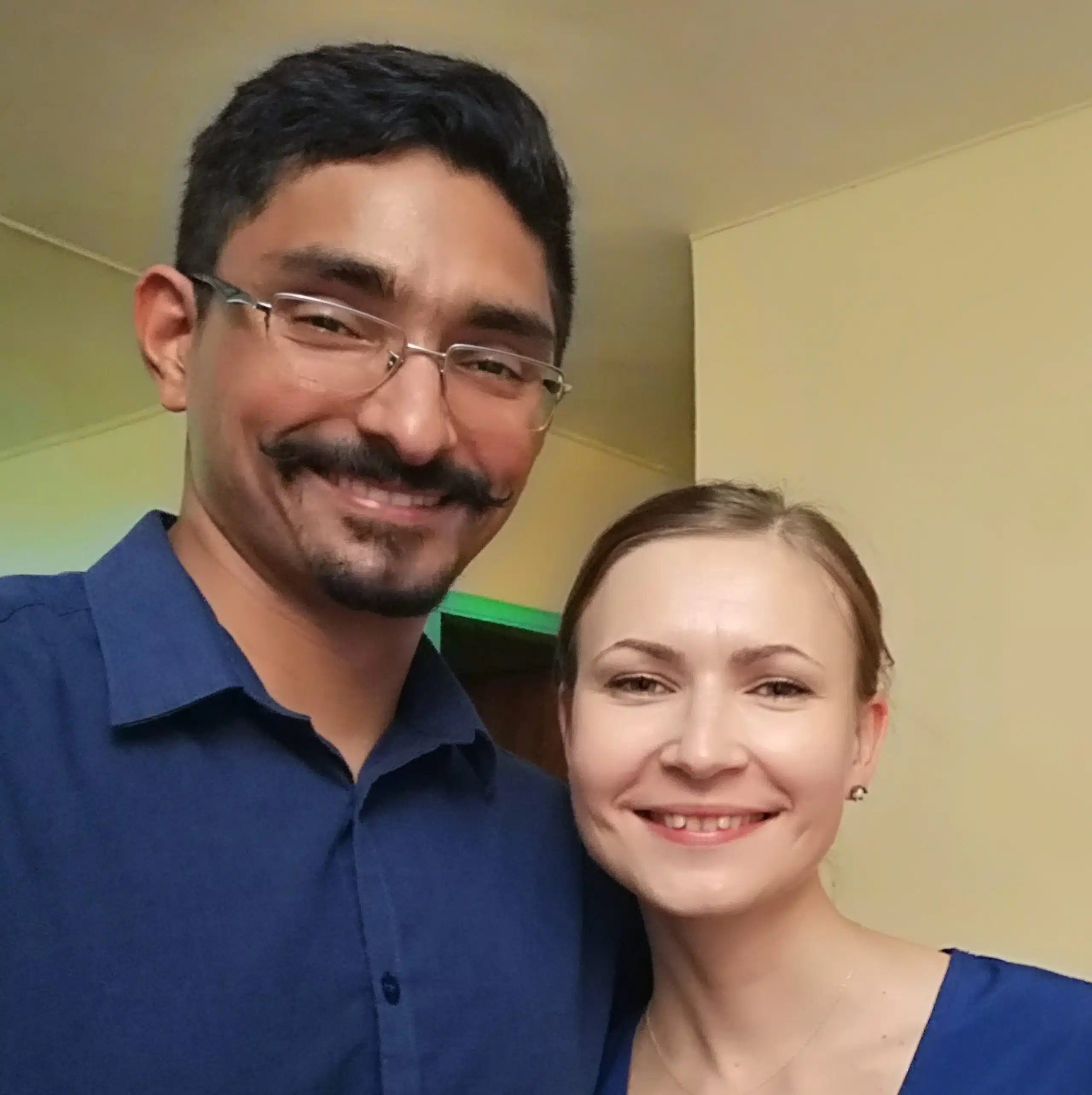
Jeremy and Anastasia Thomas (daybreakacademy@live.com) have led DayBreak Academy –which trains people to provide member caring and linking for missionaries, ministers, and individuals – since 2011. They wrote the Light-Bearer’s Manual, a guide for member caring and linking ministry. Jeremy and Anastasia also coordinate the Africa Member Care Network email newsletter. They live on the island nation of Mauritius, east of the African mainland.
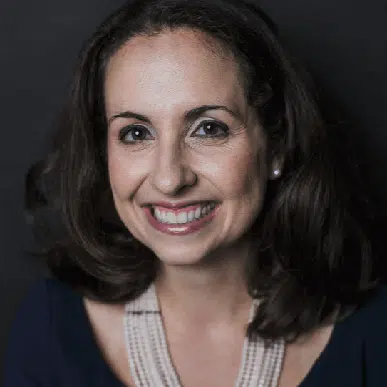
Mary Tindall (mary@marytindallwrites.com) is a freelance writer and editor.
EMQ, Volume 58, Issue 2. Copyright © 2022 by Missio Nexus. All rights reserved. Not to be reproduced or copied in any form without written permission from Missio Nexus. Email: EMQ@MissioNexus.org.


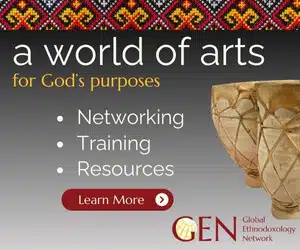
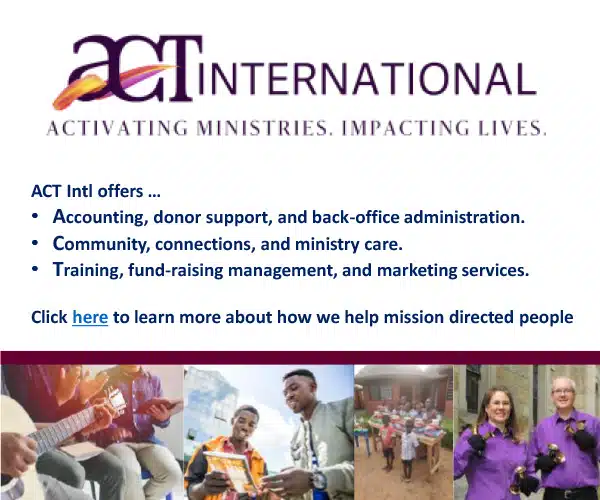

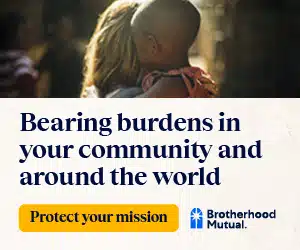
Responses